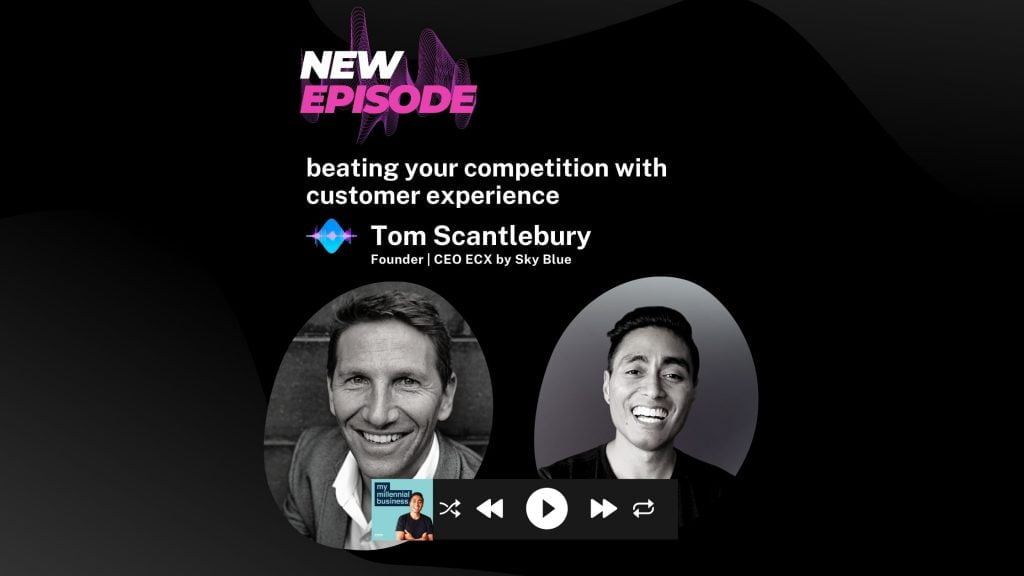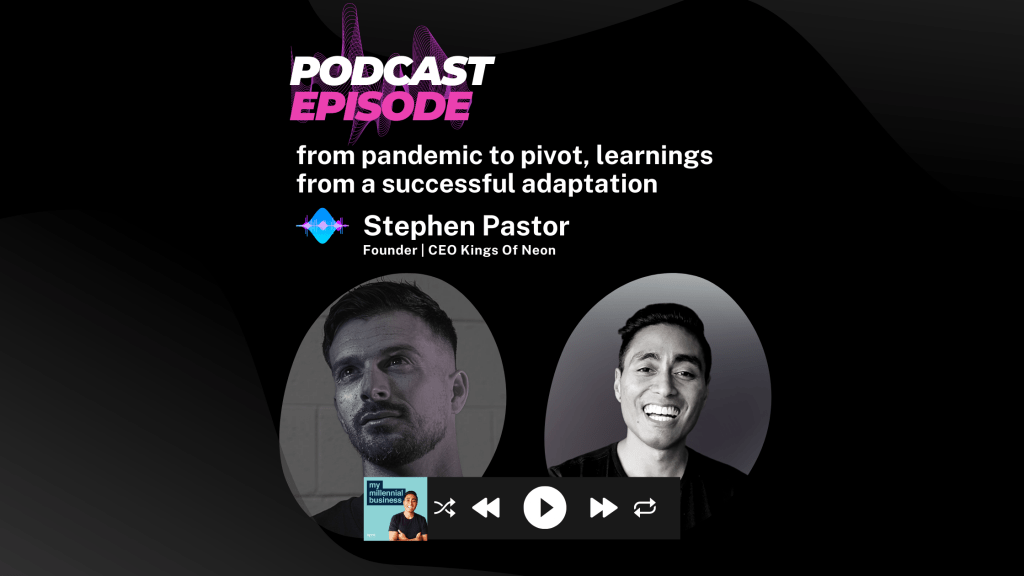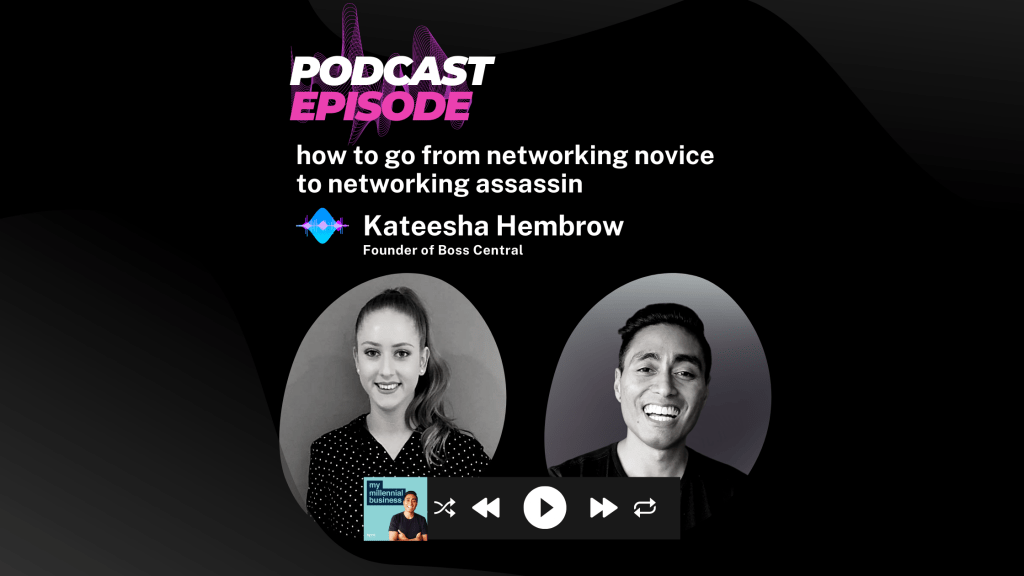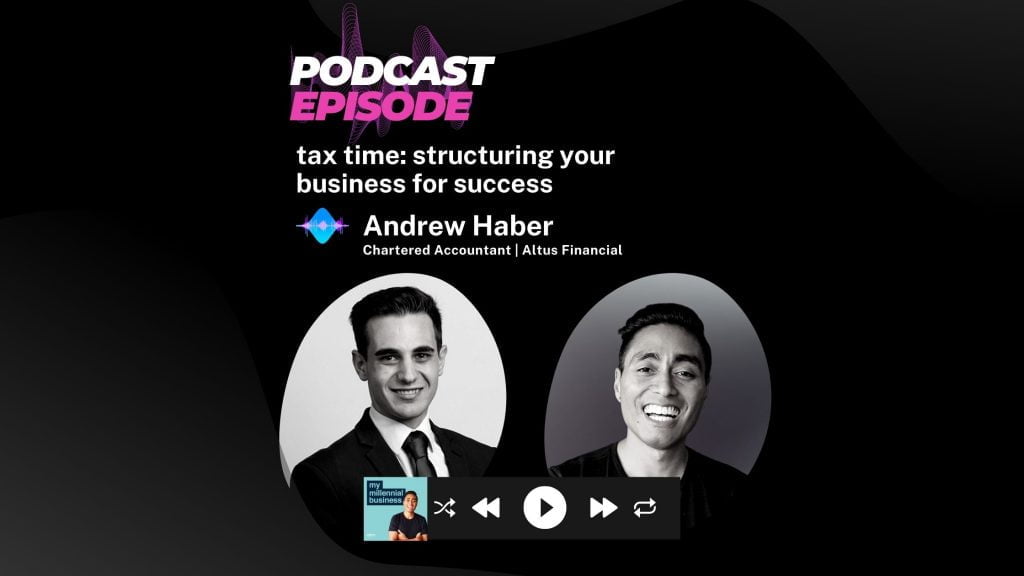Congratulations – you’ve scaled your business to the point where you need extra marketing help. That’s no small feat. Until now, you’ve probably been doing most of the marketing yourself, or you’ve been handing off the day-to-day tasks to a junior coordinator.
But, recently, you realised that you need an extra set of hands on board, so you’re asking the question: should I hire an external marketing agency or an in-house marketing manager?
Display Console
1. Your Current Flight Position
2. Agency vs. Manager: Scalability
3. Agency vs. Manager: Expertise
4. Agency vs. Manager: Onboarding
5. Agency vs. Manager: Cohesion
6. Agency vs. Manager: Accountability
7. The Pros and Cons of an Agency vs. a Manager
8. Flight Path: Where to Go Next
Your Current Flight Position
For the sake of this comparison, let’s assume you’re working with a budget of around $80,000 per year (the average marketing manager salary in Australia).
You might already have a junior marketer in-house (a young generalist who manages your social media and coordinates events). Maybe your marketing workload has been split between your other teams, with no-one really steering the ship. You might even be using a handful of agencies and freelancers – a copywriter off Fiverr, that web agency who built your site five years ago, your receptionist’s daughter who runs your Instagram.
But, whatever the scenario, it’s not working. You can feel the lack of direction, see the stunted growth. You need something new.
Specifically, you need your new hire to do things like:
- Consolidate, refine and build your brand
- Conduct market, competitor and target audience research
- Recommend budget and set strategy
- Plan and manage campaigns and long-term initiatives
- Actively drive revenue through demand generation
- Deliver technical work like copywriting, graphic design, videography, and backend coding
Let’s explore which option can deliver more value across those areas: a marketing agency on budget of $80,000 per year, or a full-time marketing manager on an $80,000 salary.
Agency vs. Manager: Scalability
One of the most persuasive arguments for using vendors over employees is the scalability of the former. Unless you’re looking at part-time or fractional staff, there can be a workload gap between one hire and the next – the point overflow becomes too much for one role, but too little for two roles.
The solution, typically, is to bring in contractors until a second full-time position becomes viable. If you employ a marketing manager, this will inevitably become the case – most likely, they’ll offload technical work to specialist copywriters, videographers, and designers, which can lead to a stable of different vendors.
Retaining an agency, though, means there’s no workload gap. Instead, you can simply increase your agency budget, without the time required to find, vet and manage different contractors.
Marketing agencies are also often better at catering to organisational growth. While individual managers may not have the capabilities to deal with increasingly complicated marketing challenges, agencies generally work with organisations of different sizes.
To put it a different way, a manager’s shuttle flies at one speed, and that speed won’t always align with the speed of your business. But an agency’s shuttle has a whole range of speeds – and that means they’ll be able to keep up with your growth for longer.
Winner: Marketing Agency

Agency vs. Manager: Expertise
A marketing manager is typically the first management role you’ll hire for your marketing department. With a salary of around $80,000 a year, candidates are likely to have four to six years of experience. Often, the first year or two will have been spent as a marketing coordinator, learning the basics; they’ll probably have worked at two or three different companies.
A typical agency, by contrast, has a range of veteran generalists and specialists on staff, who operate across a wide variety of verticals and industries. They’ve tested their marketing theories in diverse competitive environments, and, collectively, have a wealth of experience that a single individual can’t hope to match.
This isn’t to say that an inexperienced manager can’t learn on the job, or that being embedded in a company doesn’t afford a distinct marketing advantage. Out of the box, though, an agency simply has far more expertise than most individuals with four to six years on the job – and, just as importantly, it has the capabilities to deliver that expertise as a service in a cost-effective, timely manner.
Winner: Marketing Agency
Agency vs. Manager: Onboarding
Adding a new employee or contractor to your company is never cost-free. The price of recruiting alone can be exorbitant – one study found that a mid-level role costs finance services giant ANZ around $17,841 to fill.
For a new marketing manager, the costs don’t stop once the role is filled. As your most senior marketing hire, they’ll need to spend time setting up processes, familiarising themselves with the business, and building rapport with their team – which takes time away from revenue-generating activities.
Compare those costs to retaining a marketing agency. Finding a good agency isn’t difficult – leverage your network, or, failing that, run a Google search and take advantage of the free consultations that most firms offer.
Once you’ve made your choice, your new agency will have well-oiled onboarding processes designed to align your flight speeds as quickly as possible. They also don’t have to worry about organising your internal team; all technical work will be handled by their in-house technicians.
Winner: Marketing Agency
Agency vs. Manager: Cohesion
Team and cultural cohesion are two elements often overlooked in the manager versus agency debate. Interpersonal relationships can have a huge impact on productivity, just as a misalignment in cultural values can stop your marketers from working at their best.
At first glance, a manager can seem like the obvious choice. An employee will almost always integrate better with an organisation’s culture than an external vendor because they’re present, invested, and only part of one team.
Upon closer inspection, though, it’s apparent that this is the wrong framing. As an individual, a marketing manager may fit in well, but that doesn’t mean they’ll be able to effectively unite their subordinates or contractors to push as a team.
Agencies, of course, are self-contained businesses – which means they’re already culturally cohesive. They don’t need to spend your budget team-building or ironing out personnel kinks, because it’s something they do anyway. They’re also generally adept at aligning with your organisational goals; objectives are defined at the start of your engagement, and then adopted by each person working on your account, guided by your account manager.
The result? An experienced team fully committed to the direction that you want, without the management headaches that a marketing manager would need time and budget to deal with.
Winner: Marketing Agency

Agency vs. Manager: Accountability
The one apparent benefit of hiring a marketing manager over an agency is their respective levels of accountability.
As the head of your fledgling marketing department, a marketing manager is wholly accountable for any and all marketing activities. If they fail to deliver, they may well be fired – a stressful and professionally humiliating experience.
Marketing agencies don’t have that same level of accountability. Even if they are responsible for all of your marketing, and even if their delivery doesn’t meet your expectations, the consequences of being fired are vastly different to those faced by individual employees. Agencies normally have a portfolio of different clients – losing a percentage of their revenue might be painful, but not fatal.
However, it’s worth remembering that reputable agencies are exactly that: companies that have carefully nurtured their brand by delivering repeated excellence.
The business universe is a small one and reputations matter, so the best agencies care deeply about delivering the best possible outcomes. No firm wants stories floating around about their failure to deliver, nor do they want to lose out on the chance for testimonials and referrals – both key drivers in acquiring new business. That means the best agencies will fight just as hard as any manager to deliver results, and will often have more success in doing so.
Winner: Tie
The Pros and Cons of an Agency vs. a Manager
So, who should you choose when you have $80,000 to scale your marketing team: an agency or a manager?
Here’s the ‘winner’ for each category we looked at:
- Scalability: Marketing agency
- Expertise: Marketing agency
- Onboarding: Marketing agency
- Cohesion: Marketing agency
- Accountability: Tie
The result is obvious: for $80,000, an agency will normally be the best way to scale up your marketing efforts.
But keep in mind that the operative word is ‘normally’. There is no one-size-fits-all approach to complex business decisions. You need to carefully assess what your business needs, analyse what the competition is doing, and find a suitable firm/person to help you scale.
Overall Winner: Marketing Agency
Flight Path: Where to Go Next
Let’s assume that you do think an agency is what you need to help you grow further. What’s the next stop on your flight path?
Start by creating a shortlist of potential marketing partners. Talk to your network, Google agencies that supply the specific services you need, and keep an eye out for marketing that impresses you. You’re looking for a full-service agency that can deliver everything from event promotion to in-depth SEO audits, preferably under a 360-style service.
Next, vet your candidates. See whether they’re a one-man band that handles everything, or if they have specialists for different disciplines. Look at their past clients – do they have any in your industry or size tier? Make sure they have the capabilities to plan and execute your marketing.
The final step: talk to the most promising agencies. Get a sense of their culture and approach – different agencies have different focuses, and you need a firm that can deliver what you need. If a specific service like SEO is a priority for you, make sure you talk to the person who’ll be responsible for delivering that service. Ask them about their current clients, and see whether you can talk to any of them.
The best part? You won’t have to pay for any of it. Most agencies offer free 20- or 30-minute consultations, like Shuttle’s obligation-free strategy session. After that? It’s time to pick the agency that best fits your business.
And that’s it. You know it’s often better to hire a marketing agency over a marketing manager. You know why. And now you’ve got a flight path to finding that perfect partner.
All that’s left is to get out there and meet the agency that can take your brand beyond potential.











